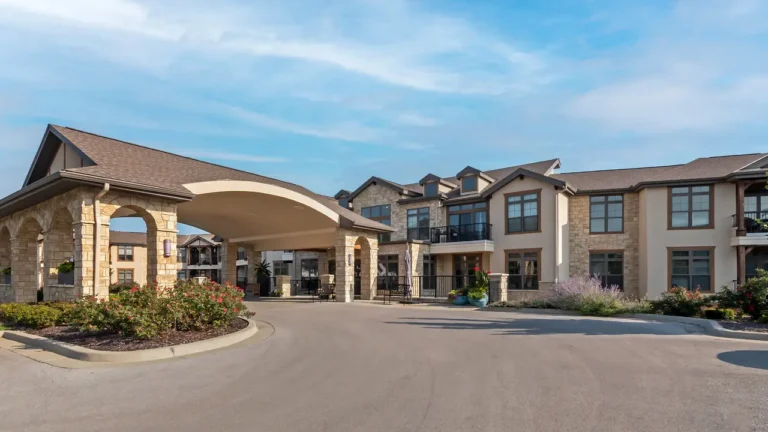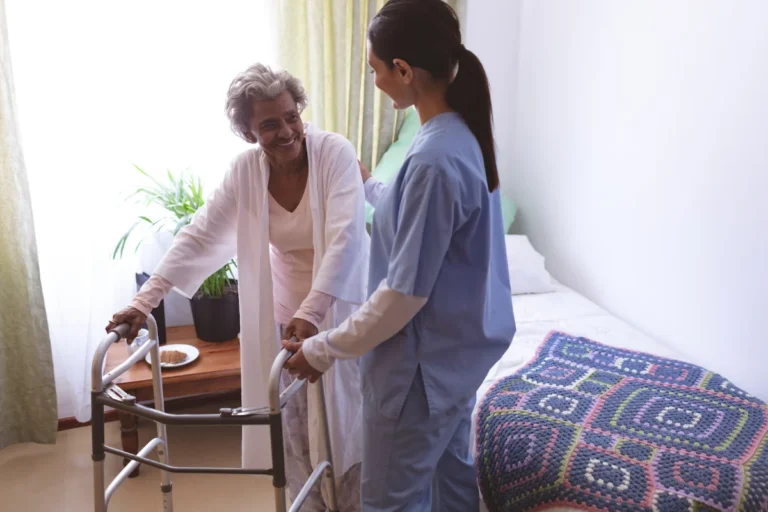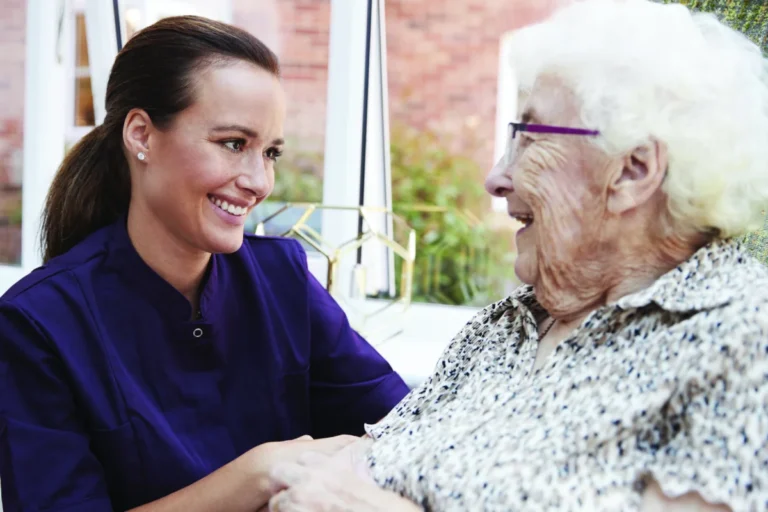There are more than six million Americans living with Alzheimer’s disease today. That number is expected to increase to nearly 13 million by the year 2050. It is believed that Alzheimer’s disease is becoming more common as the general population gets older and lives longer; Alzheimer’s disease usually affects people older than 65. While no one knows absolutely what causes Alzheimer’s disease, genes, lifestyle, environment and overall health may play a role.
Currently, there is no cure for Alzheimer’s disease. However, research is happening each day that could lead to better treatments, increased effectiveness of therapies and, potentially, a cure. The best way to support this research is to support fundraising efforts!
The Longest Day Alzheimer’s Awareness
On June 21st, the Alzheimer’s community recognizes the longest day of the year. This day is the summer solstice and is a cornerstone of fundraising for Alzheimer’s research for the Alzheimer’s Association. Known as The Longest Day, June 21st marks the date that participants from around the world come together to fight the darkness of memory loss through an activity of their choice. Together, these efforts combine the passion and creativity of families, patients and their loved ones to raise funds and create awareness.
Many of the activities to support The Longest Day can be done at home, and anyone can participate! Families can take part together, friends can join online or in person and neighbors in memory care communities can create teams and join in the fun. Here are a few ideas for different ways to participate in The Longest Day efforts:
Create a livestream. Bake together, lead a yoga class or have a dance contest! Require a donation to participate and then open up the fun to friends, family and neighbors.
Try a contest. In person or online, a talent show, trivia contest or karaoke sing-off are all great ways to get people involved! For a modest entry fee, participants can take part in the fun, while raising money for a great cause.
Share your knowledge. Teach a class and share your skills! This event can also be online or in person. Class topics could range from learning to draw, to cooking, crafts or even how to do makeup for a night out. Attendees can pay a fee to join, and the teacher could even auction off tools of the trade at the end of the class for an additional donation!
Ready, set, play! A day of games can put a smile on anyone’s face. In person, cards or board games can be great choices; online, there are a wide variety of ways to play games with multiple people. Ask players to make a donation, then kick off the games for fun prizes!
Click here to learn more about how to connect your fundraising activities with The Longest Day efforts!
Alzheimer’s Disease Facts
While Alzheimer’s disease is one of the leading causes of death in Americans over the age of 65, there are still many people who are not familiar with the disease. In fact, fewer than one in five Americans is aware of a condition called mild cognitive impairment (MCI), which can be an early stage of Alzheimer’s. To make healthy life choices, it is helpful to understand this disease and how it impacts patients and their families.
Here are some of the most frequently asked questions about Alzheimer’s and some Alzheimer’s disease facts:
How long will someone with Alzheimer’s disease live?
The answer depends on at what point in the disease the patient is diagnosed. However, research shows most people live between eight and 20 years after diagnosis, depending on other health factors. At Oakley Courts Assisted Living & Memory Care Community, residents are encouraged to make choices to support their mental and physical health, including enjoying healthy, chef-prepared meals, taking part in fitness programs adapted to their abilities and relaxing at the barber and beauty shop!
What are the signs of Alzheimer’s disease?
The signs of Alzheimer’s disease also depend on at what point in the disease the patient is diagnosed. However, the most common early signs include:
- Memory loss to the point that it disrupts daily life
- Challenges in solving problems or making plans
- New difficulty speaking or writing
- Trouble completing familiar tasks
- Confusion over time and places
- Difficulty understanding spatial relationships and visual images
- Changes in personality or mood
- Decreased or poor judgment
- Losing the ability to retrace steps
- Withdrawing from social or work activities
Are Alzheimer’s disease and dementia the same?
In short, dementia is a general term for a decline in mental ability severe enough to interfere with daily life. Alzheimer’s is the most common cause of dementia. Alzheimer’s is a specific disease; dementia is not.
Is memory loss a normal part of aging?
Forgetfulness can be a normal part of aging. As we age, changes occur in all parts of our body, including our brain. Because of this, some people may notice it now takes longer to learn new things, they don’t remember information as well as they did or they lose things more easily. However, if memory loss becomes an impediment to daily life and performing familiar tasks, it becomes a health concern and it is time to speak to a health care professional.
Is it safe for Alzheimer’s patients to live alone?
Many people with Alzheimer’s continue to live successfully on their own during the early stage of the disease. However, as the disease advances, moving to a memory care community has many health and safety advantages. At Carnegie Village Senior Living Community, residents enjoy a variety of enrichment opportunities within a safe, comforting environment. Supported by Carnegie’s expertly trained caregivers, the residents participate in social activities, take part in creative time with art, movement or music, and have access to outdoor therapy in the beautifully landscaped courtyard. All the activities are designed to support memory function and engage the residents to keep their minds active and lift their moods.
Memory Care at Tutera Senior Living
At Tutera Senior Living & Health Care, we create communities focused on our residents’ comfort. Our memory care services include housekeeping and meal preparation, as well as on-site professional nursing care. We focus on behavioral, cognitive and physical symptoms and work with our residents, their families and their personal physicians to create care plans that meet the needs and goals of everyone involved.
Interested in locating a Tutera community near you? Try our community finder tool! We are always here if you have questions or would like to learn more about our care plans, our communities and our approach to memory care. Contact us today!







